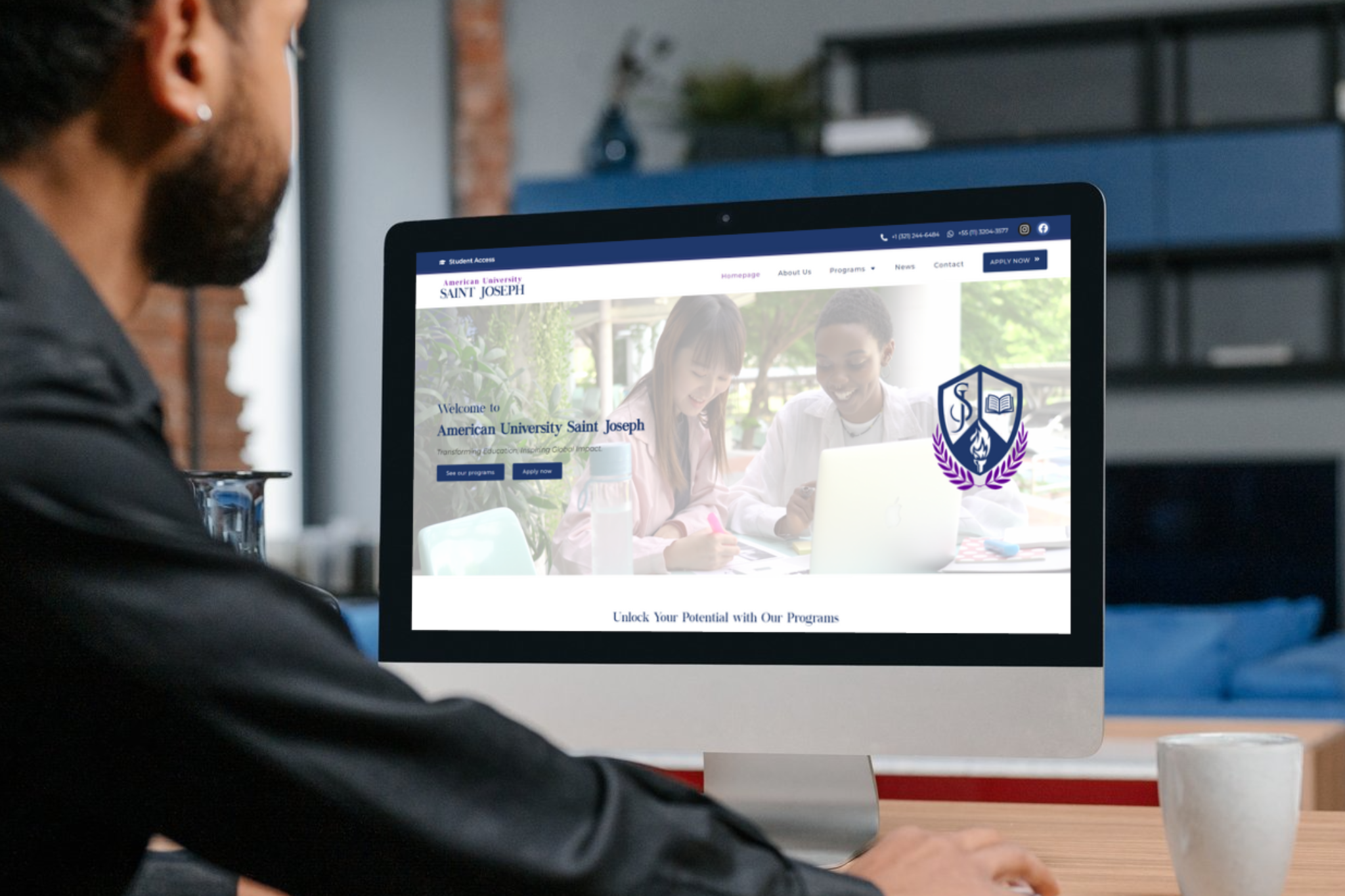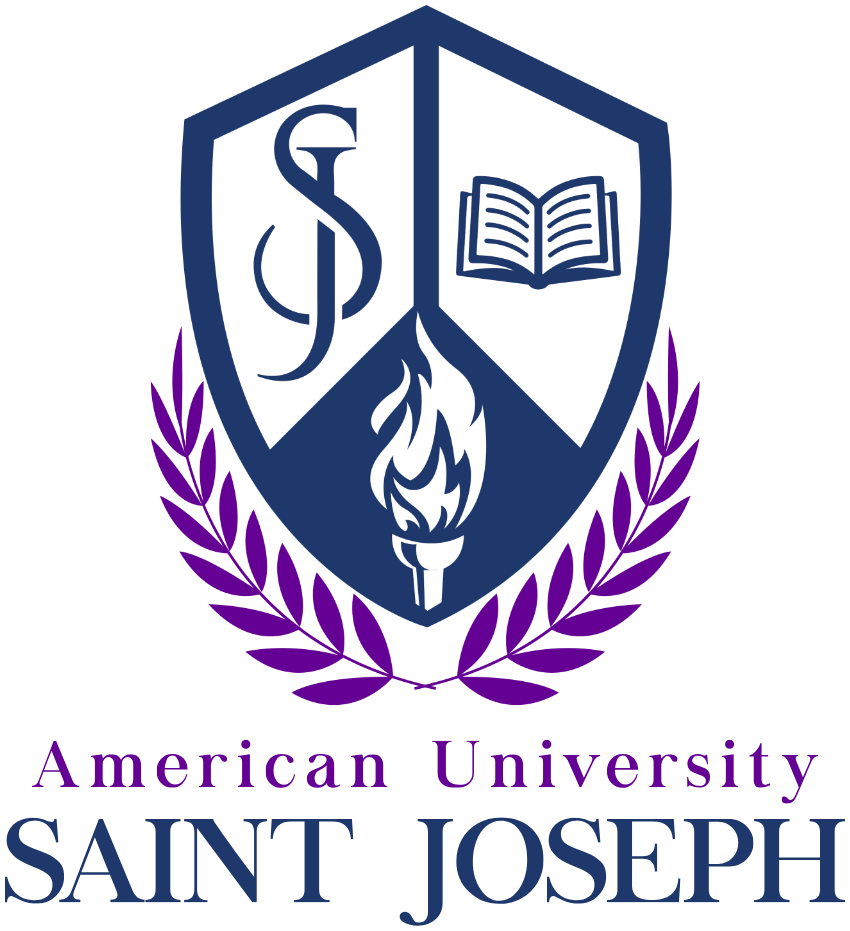The PhD in Education aims to stimulate knowledge production in the field of Educational Sciences and to train professionals capable of autonomy and independent action in the academic and scientific fields. The program’s main goal is to prepare professionals to develop research projects and lead educational programs based on state-of-the-art scientific knowledge. It seeks to equip students with tools to analyze the educational system and propose solutions to improve collective educational practices. The program focuses on the training of teachers, researchers, and education professionals.
Professional Profile
The University aims to train professionals with a critical mindset, capable of using theoretical and practical tools acquired throughout the course to develop intervention projects that provide solutions to everyday problems faced by professionals in the field.
Upon completion of the course, students should:
• Demonstrate the ability to analyze educational problems and processes and present solutions;
• Be capable of presenting ideas and conclusions in a clear and understandable manner, both orally and in writing;
• Show the ability to understand the relationship between different realities and the connection between theory and practice;
• Have a holistic view that allows them to understand the structure and function of the educational field.
Target Audience
Education professionals and professionals from related fields.
Research Areas
The PhD in Education program is structured around three research lines that provide a broad understanding of the educational process, promoting research mobility across various educational fields and themes. The program focuses on curricular research related to educational practices based on the contexts of education.
- Public Education Policies and Teacher Training
This line gathers research focused on educational policies, initial and continuous teacher training, and discussions related to teaching across different levels, from Basic to Higher Education. It includes researchers from various disciplinary fields with different theoretical and methodological approaches covering the following topics. - Education and Diversities: Socio-Cultural Practices
This line develops research projects on education and its multiple interfaces with other areas of society. It focuses on historical, cultural, psychological, and sociological approaches in an interdisciplinary perspective. - Educational Practices, Methodologies, and Educational Technologies
This line investigates various training spaces: (1) teaching practices and methodologies, including curriculum and assessment processes; (2) educational information and communication technologies; (3) literacy and writing acquisition processes.
Curriculum Structure
| COMPULSORY COURSES | HOURS / CREDITS |
|---|---|
| 1 – Research Methodology | 60 hours – 4 credits |
| 2 – Brazilian Education | 60 hours – 4 credits |
| 3 – Teacher Training and Pedagogical Practices | 60 hours – 4 credits |
| 4 – Theory and Methods in Education | 60 hours – 4 credits |
| 5- Teaching Methodology and Practices in Education | 60 hours – 4 credits |
| Total | 300 hours – 20 credits |
| ELECTIVE COURSES (Line I) | HOURS / CREDITS |
|---|---|
| 6 – Philosophy of Education | 45 hours – 3 Credits |
| 7 – Educational Practices and Curriculum Organization | 45 hours – 3 Credits |
| 8 – Brazilian Culture: Education and Black Thought | 45 hours – 3 Credits |
| 9 – Topics in Teaching and Learning | 45 hours – 3 Credits |
| Total | 180 hours – 12 Credits |
| ELECTIVE COURSES (Line II) | HOURS / CREDITS |
|---|---|
| 10 – Gender and Diversity in Educational Spaces | 45 hours – 3 Credits |
| 11 – Pedagogical Practice in Sexual Education | 45 hours – 3 Credits |
| 12 – Body, Culture, and Education | 45 hours – 3 Credits |
| Total | 135 hours – 9 Credits |




